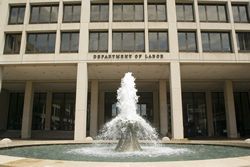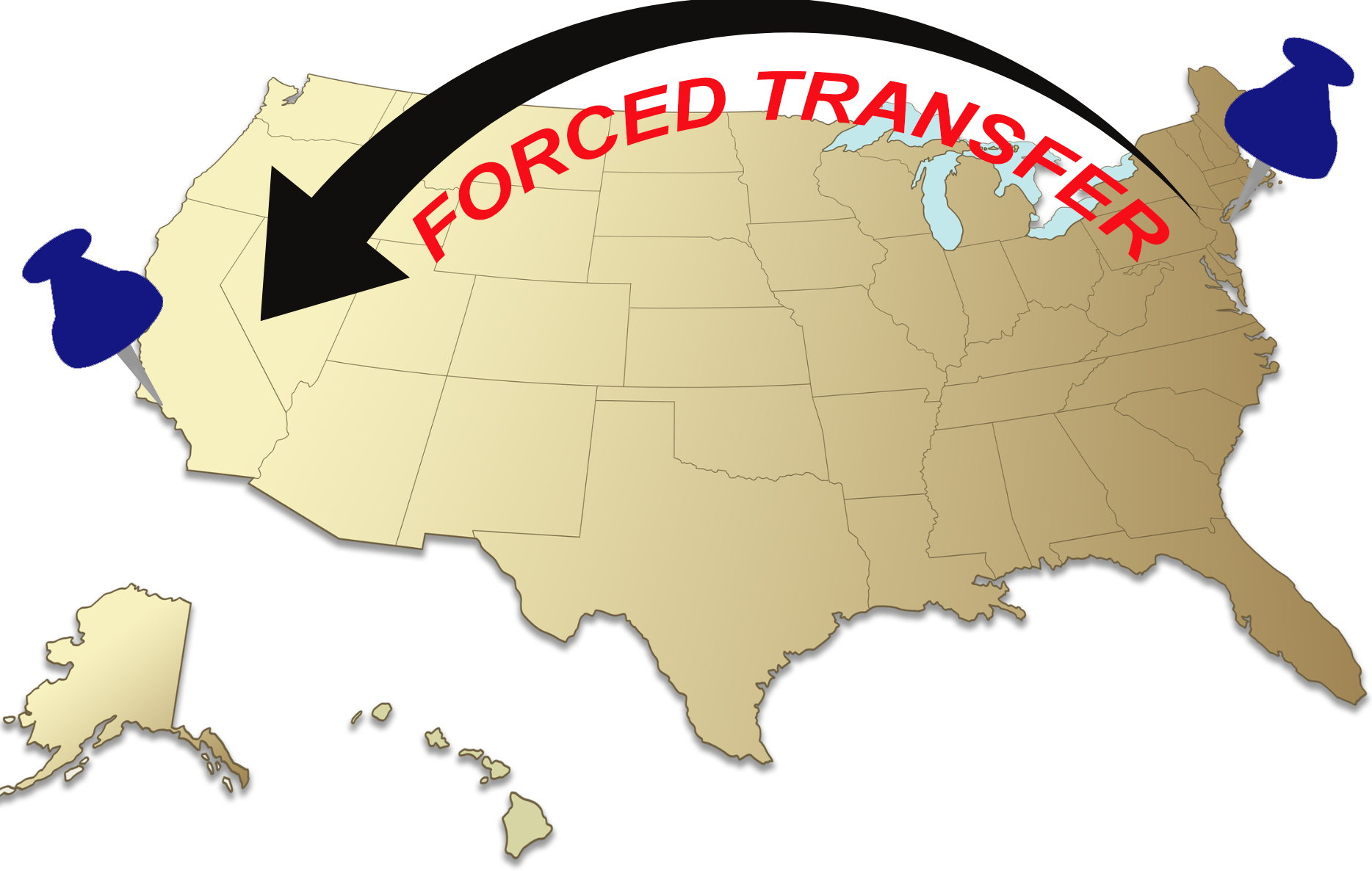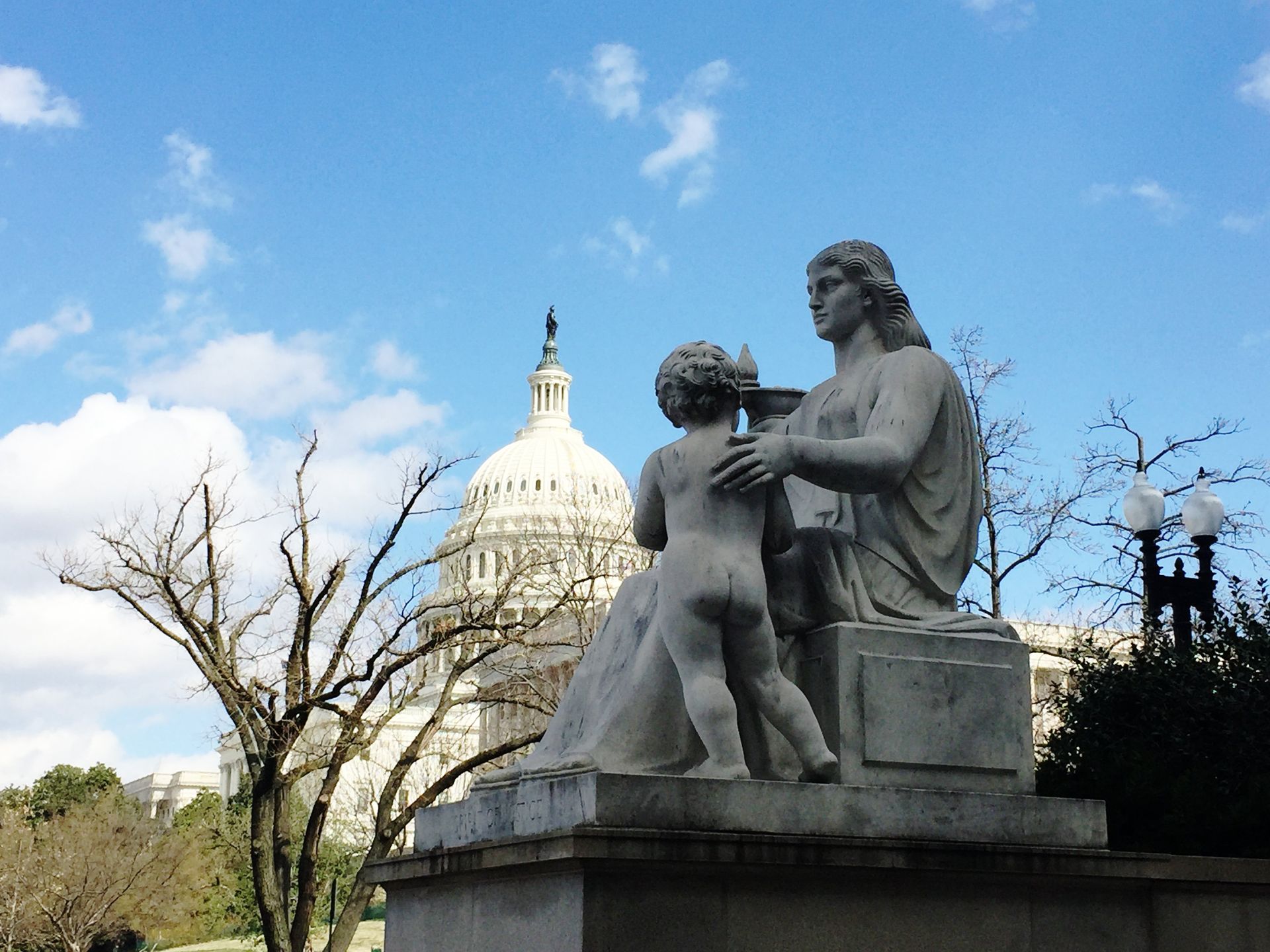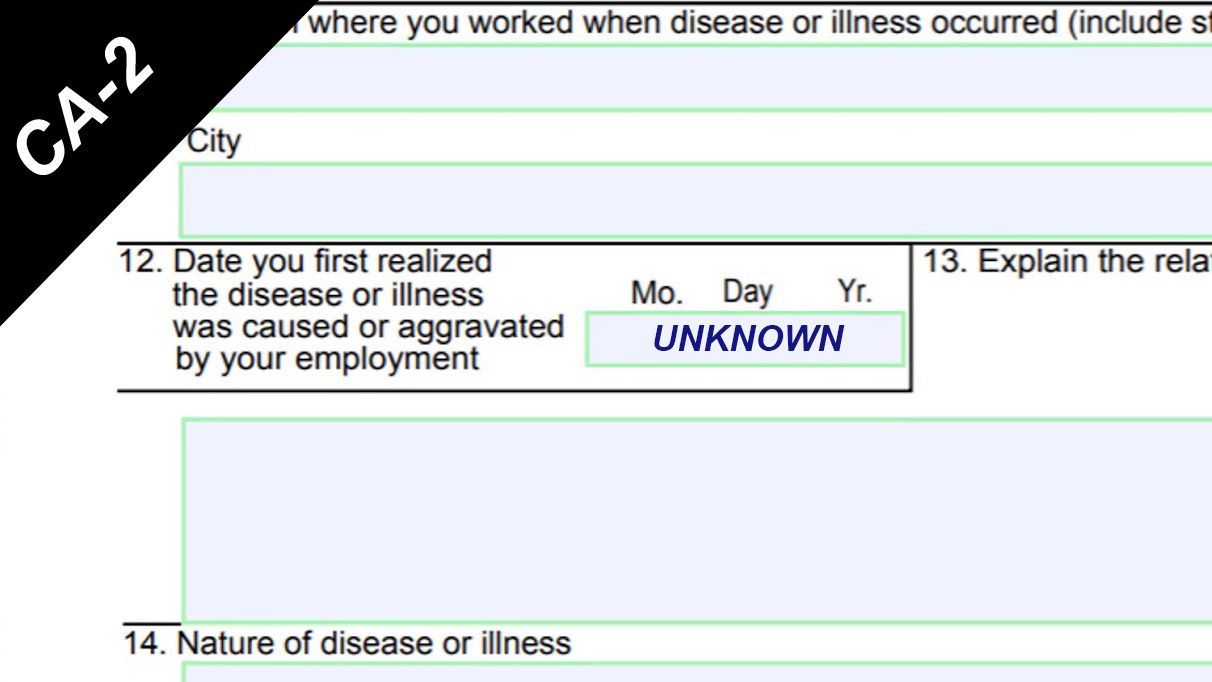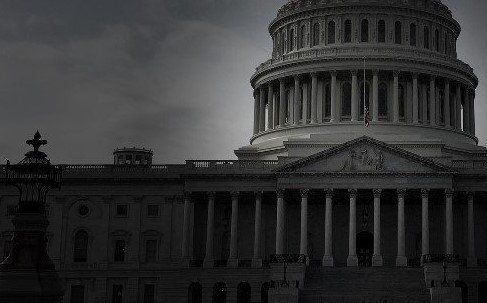SUPREME COURT SAYS FEDERAL WORKERS CAN SUE OVER “ANY” AGE BIAS
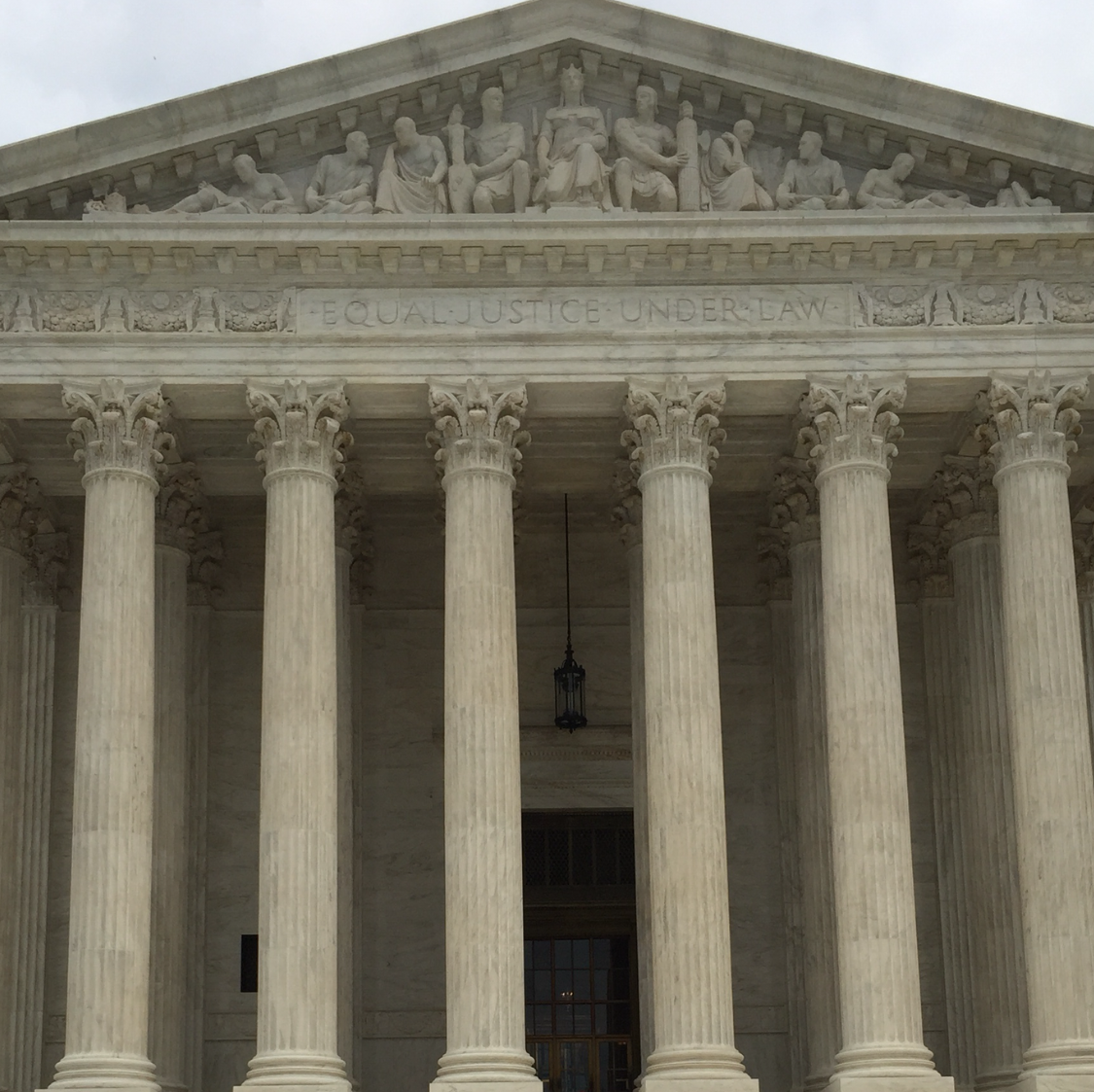
On April 6, 2020 the United States Supreme Court ruled that federal government employees can sue for age discrimination under the Age Discrimination in Employment Act of 1967 (“ADEA”) when age bias merely taints the decision-making process, not only when age bias plays a determinative “but for” role in the employment decision. Babb v. Wilkie, Secretary of Veteran Affairs, ---S.Ct.---, 2020 WL 1668281 (Apr. 6, 2020). “If age discrimination plays any part in the way a decision is made, then the decision is not made in a way that is untainted by such discrimination.”
The Court in an 8-1 decision agreed with Department of Veterans Affairs (“VA”) pharmacist Noris Babb that the requirement in the ADEA that federal agencies’ personnel decisions be “made free from” bias means that age cannot be used as a factor. The Court’s decision focused on the federal-sector provision of the ADEA, 29 U.S.C. § 633a(a), which does not apply to private or state and local government employees and, which now, is seemingly broader than its counterpart.
The ADEA prohibits employers from discriminating against employees or from taking adverse employment actions against employees “because of an individual’s age.” 29 U.S.C. § 623. That statute pertains to private or state and local government employees. To prove an age discrimination claim under that statute, those employees must demonstrate that the adverse employment action would not have occurred “but for” age bias. The language in the federal sector statute applicable is different. There, the provision applicable to federal employees states: “All personnel actions affecting employees or applicants for employment who are at least 40 years of age… shall be made free from any discrimination based on age.” 29 U.S.C. § 633a(a). Justice Samuel Alito, writing for the Court, wrote in the opinion that the language in Section 633a is broader than the language in Section 623, and that it was:
- [N]ot anomalous to hold the Federal Government to a stricter standard than private employers or state and local governments. When Congress expanded the ADEA’s scope beyond private employers, it added state and local governments to the definition of employers in the private-sector provision. But it ‘deliberately prescribed a distinct statutory scheme applicable only to the federal sector,’ eschewing the private-sector provision language. That Congress would want to hold the Federal Government to a higher standard is not unusual.
Justice Clarence Thomas was the lone dissenting judge. In his dissent, Justice Thomas said the Court had departed from the general rule that discrimination must be the sole cause of an employment decision for it to be actionable, but it had not cited any language in the ADEA that creates such an exception. The Court’s new rule, Justice Thomas wrote, “is so broad that a plaintiff could bring a cause of action even if he is ultimately promoted or hired over a younger applicant.”
In her 2014 lawsuit filed in a federal court in Florida, Babb claimed that the VA denied her promotions and training opportunities that were granted to younger colleagues, which violated the ADEA. The District Court subsequently found, evaluating Babb’s claim under the burden-shifting framework outlined in McDonnell Douglas Corp v. Green, 411 U.S. 792 (1973), that Babb had established a prima facie case, that the VA had proffered legitimate reasons for the challenged actions, and that no jury could reasonably conclude that those reasons were pretextual.
Babb appealed the District Court’s dismissal of her claim to the Eleventh Circuit U.S. Circuit Court of Appeals. On appeal, Babb contended that under the terms of the ADEA's federal-sector provision, a personnel action is unlawful if age is a factor in the challenged decision. As a result, she explained that even if the VA's proffered reasons were not pretextual, it would not necessarily follow that age discrimination played no part. The Eleventh Circuit affirmed the District Court’s decision finding that Babb’s argument was foreclosed by Circuit. Notably, however, the Eleventh Circuit added that it might have agreed with her if it were “writing on a clean slate.”
Although the Supreme Court found that while could Babb establish that the VA violated Section 633a(a) without proving that age was a but-for cause of the VA’s personnel actions, Babb agreed, and the Supreme Court acknowledged that the but-for causation was important in determining the appropriate remedy. “It is bedrock law that ‘requested relief’ must ‘redress the alleged injury.’” Therefore, Section 633a(a) plaintiffs who demonstrate only that they were subjected to unequal consideration cannot obtain reinstatement, backpay, compensatory damages, or other forms of relief related to the end result of an employment decision. To obtain such remedies, these plaintiffs must show that age discrimination was a but-for cause of the employment outcome. If plaintiffs demonstrate that age was a but-for cause of differential treatment in an employment decision but not a but-for cause of the decision itself, there is still a remedy. In that situation, plaintiffs can seek injunctive or other forward-looking relief that a district court deems appropriate.
